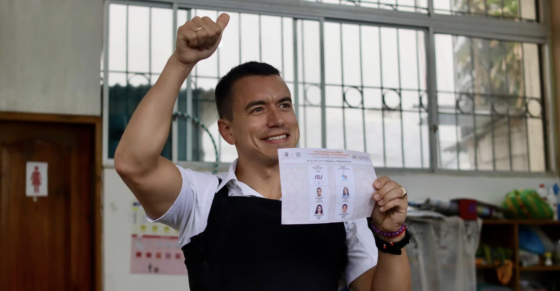
What Will Daniel Noboa’s Presidency Mean for Ecuador?
A Latin America Advisor Q&A featuring experts’ views on the presidential elections in Ecuador.
A Latin America Advisor Q&A featuring experts’ views on the presidential elections in Ecuador.
Amid Venezuela’s crisis and the upcoming 2024 presidential elections, a potential opportunity for a democratic transition may emerge. The escalating authoritarianism, human rights abuses, and dire humanitarian situation underscore the critical importance of addressing these challenges while also identifying opportunities for transition to occur.
A Latin America Advisor Q&A featuring experts’ views on the mayoral elections in Mexico City.
As Venezuela’s presidential elections, scheduled for 2024, draw closer, the international community’s attention is primarily focused on how to use leverage to ensure minimal electoral conditions. US high-level officials have publicly said they would ease some of the economic and political sanctions imposed on the country in exchange for meaningful concessions by Nicolas Maduro’s government, and there is clearly an ongoing back channel between US and Venezuelan authorities along these lines. While this discussion is essential, it often overshadows a vital aspect of the conversation—the plan for what comes next. No transition of power is possible without a clear path forward after election day.
In El Salvador, the government of Nayib Bukele has posed a significant challenge to democracy in the region. His security policies, which have yielded positive results in reducing insecurity rates, have led to serious abuses and were made possible through prior measures that concentrated the power in the executive branch. These policies have also boosted the popularity of the Salvadoran president. This highlights the need to promote democratic and effective alternatives to address insecurity in the region.
El 29 de septiembre, director del programa de Migración, Remesas y Desarrollo del Diálogo Interamericano, Manuel Orozco, habló con Gonzalo Abarca, presentador del programa “Foro” en Voz de América (VOA). El panel abarcó varios asuntos relacionados con una taza de migración creciente, su efecto en la economía estadounidense, el impacto de sanciones en el crecimiento y el papel importante de las remesas en la región.
A Latin America Advisor Q&A featuring experts’ views on the presidential elections in Argentina.
Si bien la Ley Renacer es un mandato del Congreso sobre una política sobre Nicaragua, no parece haber voluntad de parte de la Administración Biden para asumirla, incluso a pesar de que Biden hizo la promoción de la democracia una prioridad.
In Latin America today, traditional coups are no longer the biggest threat to liberal democracy. More perilous are democratically elected leaders who, once in power, deliberately and gradually undermine basic guarantees, such as judicial autonomy, electoral integrity, independent press work and free expression.
Rebecca Bill Chavez discusses the intersectional crisis in Latin America by assessing democracy, migration, and climate change in The Burn Bag podcast.
Las sanciones internacionales contra los actores cómplices de las atrocidades cometidas en Nicaragua han surtido el efecto de disminuir su influencia, y siguen arrinconando a los perpetradores. Contrario a las mentiras de Rosario Murillo, las sanciones no afectan al pueblo porque éstas poseen precisión en el impacto. La sanción es un es un juicio justo frente a la privación física, económica y política que ha causado la dictadura.
La directora del Programa Peter D. Bell sobre Estado de Derecho del Diálogo Interamericano, Tamara Taraciuk Broner, conversó con Andrés Oppenheimer en el programa Oppenheimer Presenta a través de CNN sobre la política de seguridad y la popularidad del presidente Nayib Bukele en El Salvador.
A Latin America Advisor Q&A featuring experts’ views on the resignation of Chile’s social development minister, Giorgio Jackson.
Tamara Taraciuk Broner, directora del Programa Peter D. Bell sobre Estado de Derecho del Diálogo Interamericano, conversó con Carlos Pagni en Odisea Argentina por La Nación sobre la situación de derechos humanos en la región, incluyendo el contexto electoral en Argentina y las lecciones de las últimas elecciones en Guatemala.
Tamara Taraciuk Broner, directora del Programa Peter D. Bell sobre Estado de Derecho del Diálogo Interamericano, conversó con la Radio Pichincha en Ecuador sobre el contexto en el cual se dieron las elecciones el 20 de agosto, incluyendo los incidentes de violencia política y el agravamiento de la situación de inseguridad en el país.
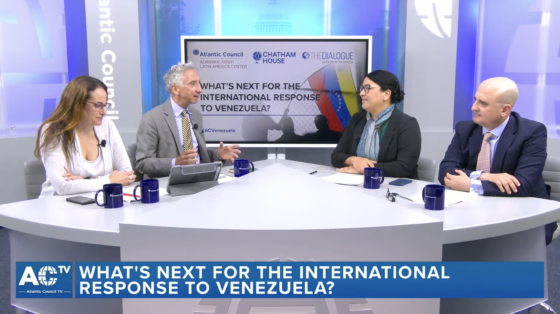 Video
Video
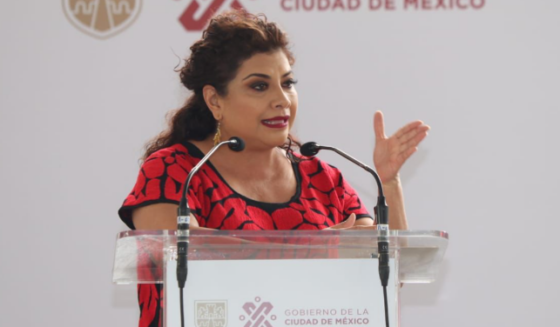
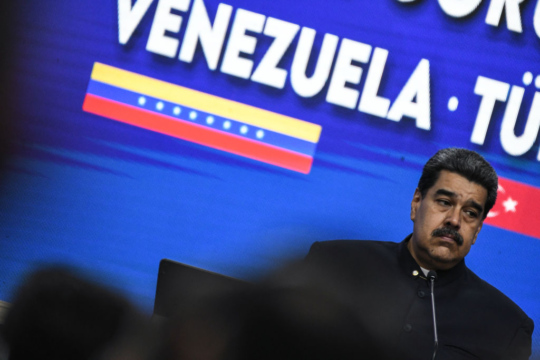
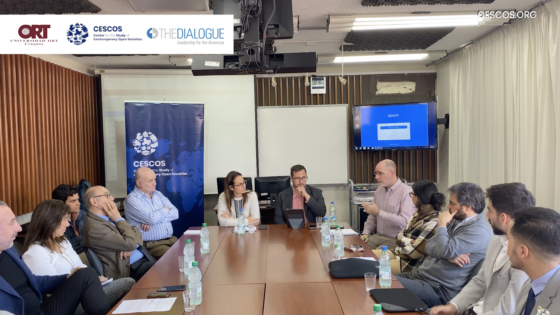 Video
Video
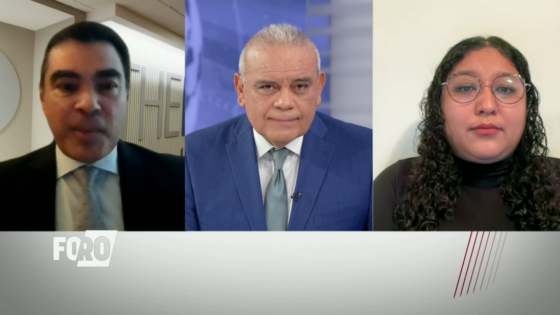 Video
Video
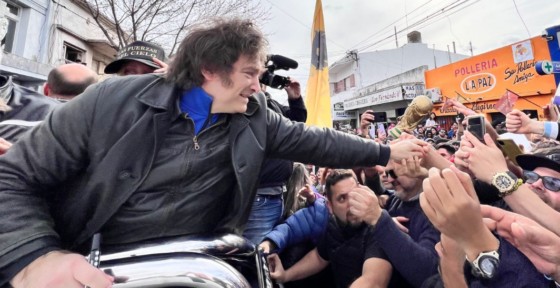
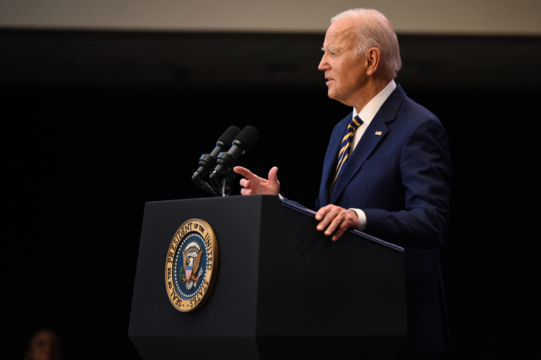
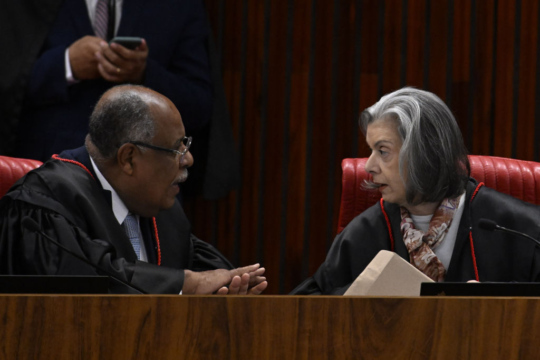
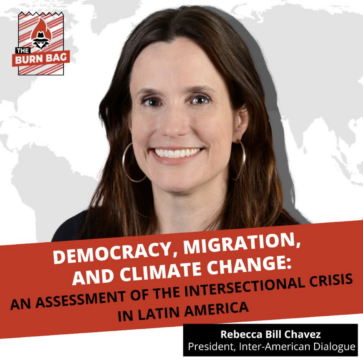
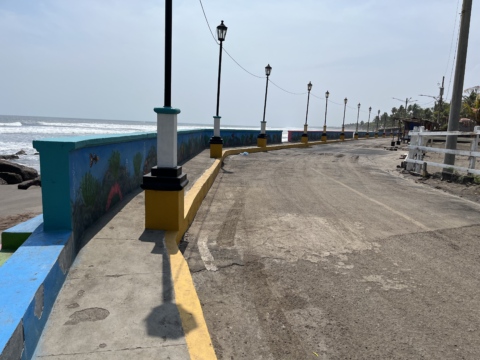
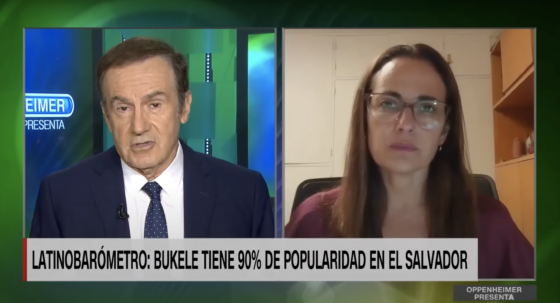 Video
Video
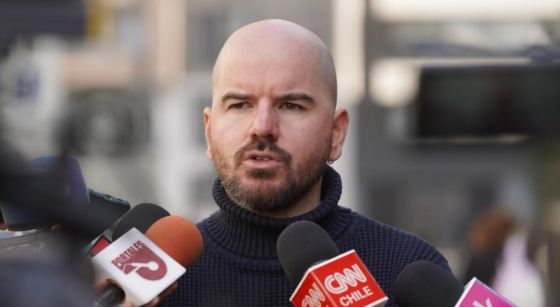
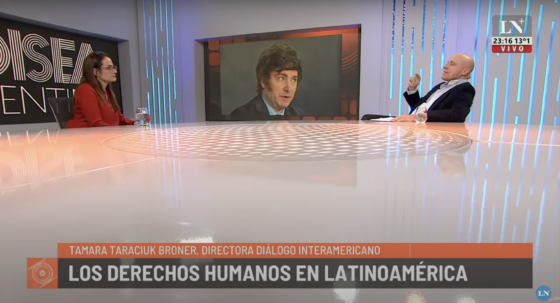 Video
Video
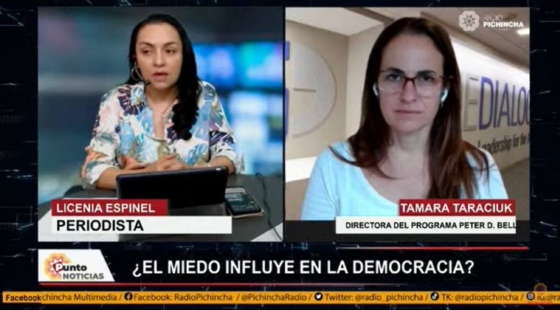 Video
Video